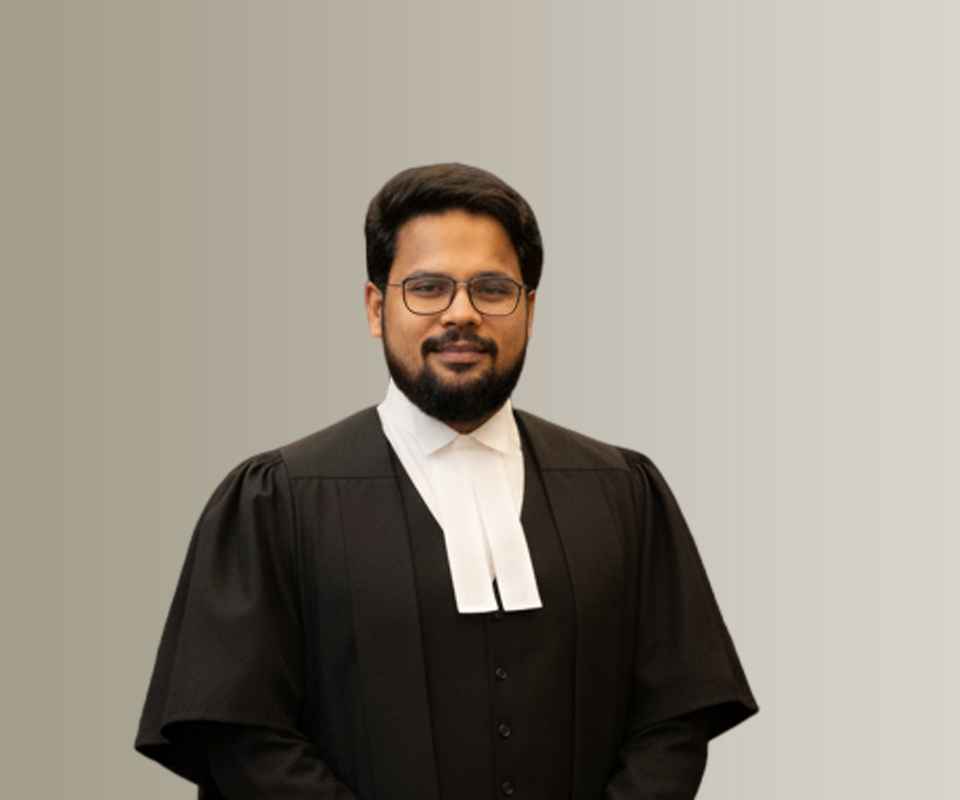Answer By law4u team
In India, it is illegal for minors (individuals under the age of 18) to drive vehicles on public roads. The Motor Vehicles Act, 1988 establishes clear guidelines and penalties for underage driving. If a minor is caught driving, the responsibility does not solely rest on the minor but extends to their parents, guardians, and the vehicle owner. The law holds these parties accountable for allowing or permitting the minor to drive.
Who Is Held Responsible if a Minor Is Caught Driving?
The Minor (Driver):
While the minor may not be punished with imprisonment, they are still held accountable under the law for committing the offense of driving without a valid license.
The law does not hold the minor fully responsible for penalties such as fines, but it disqualifies them from obtaining a driving license until they reach the legal age.
The Parent or Guardian:
Parents or guardians are held legally responsible if their minor child is found driving a vehicle. According to Section 199A of the Motor Vehicles Act, if the minor is caught driving, the parent or guardian who permitted the minor to drive can face significant penalties.
The penalty for allowing a minor to drive is a fine of ₹25,000, and the parent or guardian may also face imprisonment for up to 3 years.
This serves as a deterrent to prevent adults from being negligent and allowing minors to operate vehicles before they are legally allowed.
The Vehicle Owner:
If the vehicle owner knowingly allows the minor to drive, they too can be held responsible under the law. The vehicle owner can be fined the same amount as the parent or guardian, i.e., ₹25,000.
In addition to fines, the vehicle owner can face legal action if they fail to prevent a minor from driving, especially if the minor causes an accident or damages while driving.
Legal Consequences for All Parties:
The vehicle registration of the owner may also be suspended in certain cases, especially if the vehicle was involved in a serious accident.
Parents and guardians could face not only financial penalties but also public scrutiny or even civil lawsuits if the minor causes damage to property or causes an injury.
Importance of Holding the Parent/Guardian and Vehicle Owner Responsible:
Accountability and Protection:
The law ensures that adults are held accountable for a minor’s actions. By penalizing the parent, guardian, and vehicle owner, the law encourages them to take responsibility for supervising their child’s behavior and ensuring that minors do not engage in unsafe or illegal activities like driving without a license.
This accountability helps protect minors from the dangers of driving prematurely and reduces the likelihood of accidents caused by their inexperience.
Deterrent Against Underage Driving:
The heavy penalties for adults who allow minors to drive are meant to serve as a deterrent to prevent underage driving. This reinforces the importance of waiting until the legal driving age and obtaining a valid driving license.
Parents and guardians are encouraged to monitor their children’s activities and restrict access to vehicles to ensure they follow traffic laws.
Preventing Accidents and Promoting Road Safety:
Minors are often less capable of making sound judgments when behind the wheel, and their inexperience can lead to dangerous accidents. By holding the adults responsible, the law aims to reduce the risk of such accidents, thereby improving overall road safety.
The law helps create awareness among both parents and vehicle owners about the importance of safe driving and the legal requirements for operating a vehicle.
Example:
Suppose a 17-year-old minor is caught driving a car in Delhi without a valid driving license. The minor is issued a warning but is not fined directly. However, the vehicle owner is fined ₹25,000, and the minor’s parents are also held accountable, facing a fine of ₹25,000 each. If the minor had caused an accident while driving, the consequences could have been more severe, including possible imprisonment for the parents or guardians and suspension of the vehicle's registration.
Conclusion:
If a minor is caught driving in India, the responsibility does not solely lie with the minor. The parent, guardian, and vehicle owner are all legally accountable for the violation. Parents and guardians face fines of ₹25,000 and imprisonment for up to 3 years, while the vehicle owner may face the same penalties. This framework ensures that adults take responsibility for ensuring that minors do not engage in illegal driving and helps to promote road safety by discouraging underage driving. The law seeks to protect minors from harm and prevent accidents caused by inexperience.







